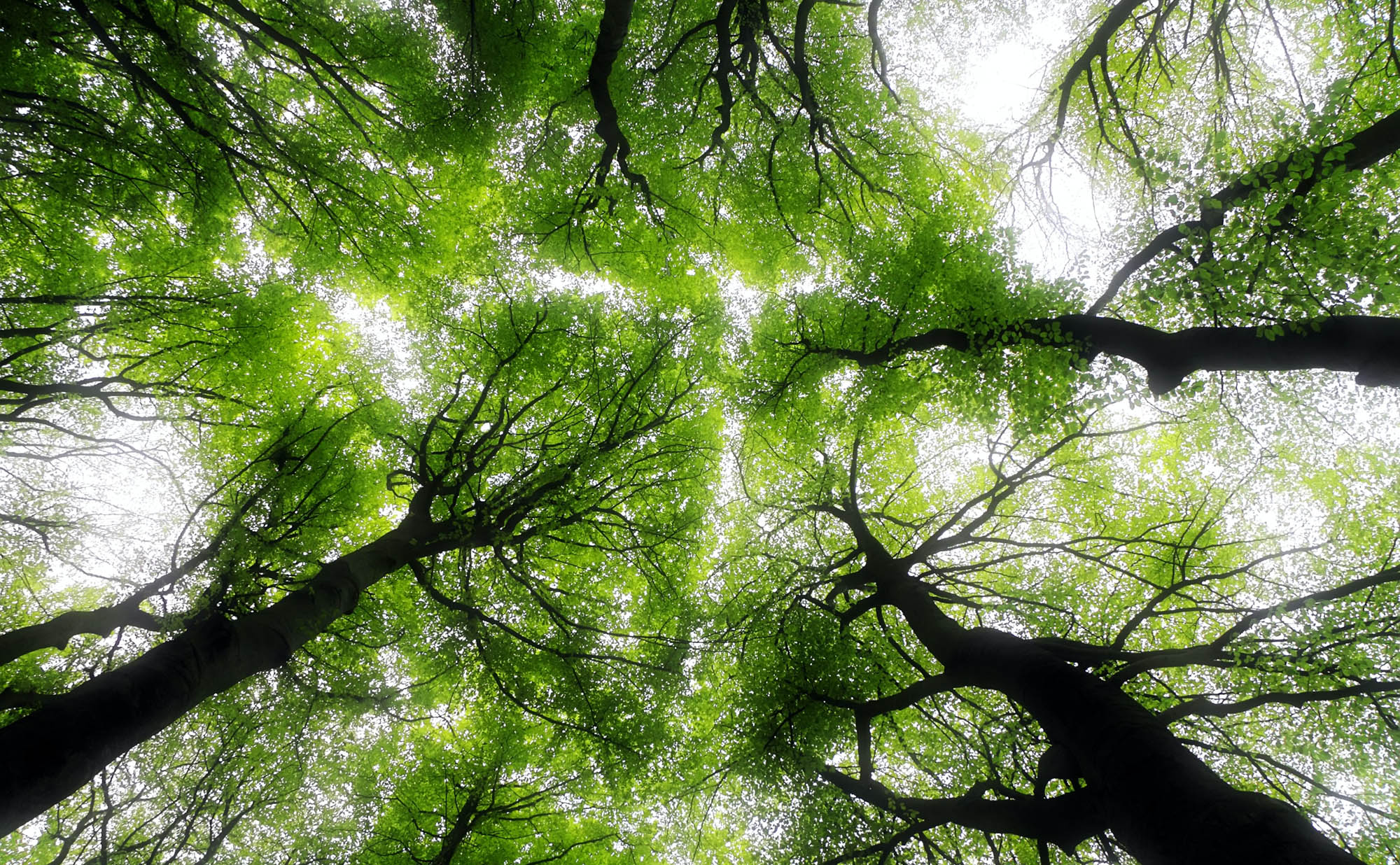Forest Bathing, called Shirin-Yoku, is the act of going to the forest as medicine. This medical therapy was created in transcontinental Japan and China, and its benefits are nothing short of astounding. And why not? We are animals first, and our relationship with nature (whether it is always seen as this) are meant to be symbiotic. We use trees and their oxygen and rely on their ability to filter CO2, we grow food in the ground, and we have medicines (herbs in the forms of plants) in the forests. The forest is a place of well-being.
Before you dismiss this as too “woo”, there is great evidence-based support (check out the links below). Book lover? Check out this link to access the book by Dr. Cyndi Gilbert ND to read more about it.
Studies are showing benefits of forest bathing for a number of health conditions including:
- elevated stress hormones (which lead to chronic inflammation and burnout, as examples)
- cancer rehabilitation
- depression
- anxiety
- elevated blood pressure
- technostress (technology burnout)
- burnout
- overwhelm
So what are the actual benefits of forest bathing?
Typical protocols for physical illness (like high blood pressure and cancer) include anywhere from 10-90 minutes in the forest, and the physiological effects alone are astounding. These include dramatic changes in blood pressure measurements, significant cortisol reduction (stress hormone), improved immune system functioning (action of natural killer cells and immune system recovery), better sleep and waking cycle regulation, decreased pain, and improved blood glucose in diabetes.
What are the psychological benefits? Decreased anxiety and depression, improved anger response and hostility, improved coping to stress, and an improved outlook on life.
The benefits are so powerful, that medical providers are given regular encouragement to do forest-bathing as a supportive practice in avoiding burnout.
So where could you begin?
My recommendations for my patients include 20-30 minutes of walking (or sitting time if they are very tired and burned out), and preferably alone so they may spend time breathing and being in nature several times a week.
If you prefer to be with a friend, be sure it is someone you feel relaxed with so that you can get the full benefit of this practice.
A quick example week:
Monday – Forest bathing for 20 minutes with a podcast
Wednesday – Sitting along a trail with lots of trees for 15 minutes
Friday – Biking through a treed trail for 25 minutes close to your home
Sunday – Going for a nature hike for 45 minutes with your family and identifying local plants.
These recommendations I would give for someone with severe depression and anxiety. For a person recovering from heart surgery or in chemotherapy, the recommendations would be less physical, but possibly more time if it could be tolerated.
I would love to hear if you have tried this therapy, and how it has benefited your life!
I can speak personally; forest bathing was my medicine during COVID-19 lockdowns. I’m not sure where I would have been without it!
References
- Blood pressure-lowering effect of Shinrin-yoku (Forest bathing): a systematic review and meta-analysis.Ideno Y, Hayashi K, Abe Y, Ueda K, Iso H, Noda M, Lee JS, Suzuki S.BMC Complement Altern Med. 2017 Aug 16;17(1):409. doi: 10.1186/s12906-017-1912-z.PMID: 28814305 Free PMC article. Review.
- The physiological effects of Shinrin-yoku (taking in the forest atmosphere or forest bathing): evidence from field experiments in 24 forests across Japan.Park BJ, Tsunetsugu Y, Kasetani T, Kagawa T, Miyazaki Y.Environ Health Prev Med. 2010 Jan;15(1):18-26. doi: 10.1007/s12199-009-0086-9.PMID: 19568835 Free PMC article.
- Forest Bathing Always Makes Sense: Blood Pressure-Lowering and Immune System-Balancing Effects in Late Spring and Winter in Central Europe.Peterfalvi A, Meggyes M, Makszin L, Farkas N, Miko E, Miseta A, Szereday L.Int J Environ Res Public Health. 2021 Feb 20;18(4):2067. doi: 10.3390/ijerph18042067.PMID: 33672536 Free PMC article.
- The Psychological and Physical Effects of Forests on Human Health: A Systematic Review of Systematic Reviews and Meta-Analyses.Stier-Jarmer M, Throner V, Kirschneck M, Immich G, Frisch D, Schuh A.Int J Environ Res Public Health. 2021 Feb 11;18(4):1770. doi: 10.3390/ijerph18041770.PMID: 33670337 Free PMC article. Review.
- Stepped-Wedge Cluster Randomised Trial of Social Prescribing of Forest Therapy for Quality of Life and Biopsychosocial Wellbeing in Community-Living Australian Adults with Mental Illness: Protocol.Thomas T, Baker J, Massey D, D’Appio D, Aggar C.Int J Environ Res Public Health. 2020 Dec 4;17(23):9076. doi: 10.3390/ijerph17239076.PMID: 33561041 Free PMC article. Clinical Trial.
- The effects of viewing a winter forest landscape with the ground and trees covered in snow on the psychological relaxation of young Finnish adults: A pilot study.Bielinis E, Janeczko E, Takayama N, Zawadzka A, Słupska A, Piętka S, Lipponen M, Bielinis L.PLoS One. 2021 Jan 7;16(1):e0244799. doi: 10.1371/journal.pone.0244799. eCollection 2021.PMID: 33411751 Free PMC article.
- Hansen MM, Jones R, Tocchini K. Shinrin-Yoku (Forest Bathing) and Nature Therapy: A State-of-the-Art Review. Int J Environ Res Public Health. 2017 Jul 28;14(8):851. doi: 10.3390/ijerph14080851. PMID: 28788101; PMCID: PMC5580555.
